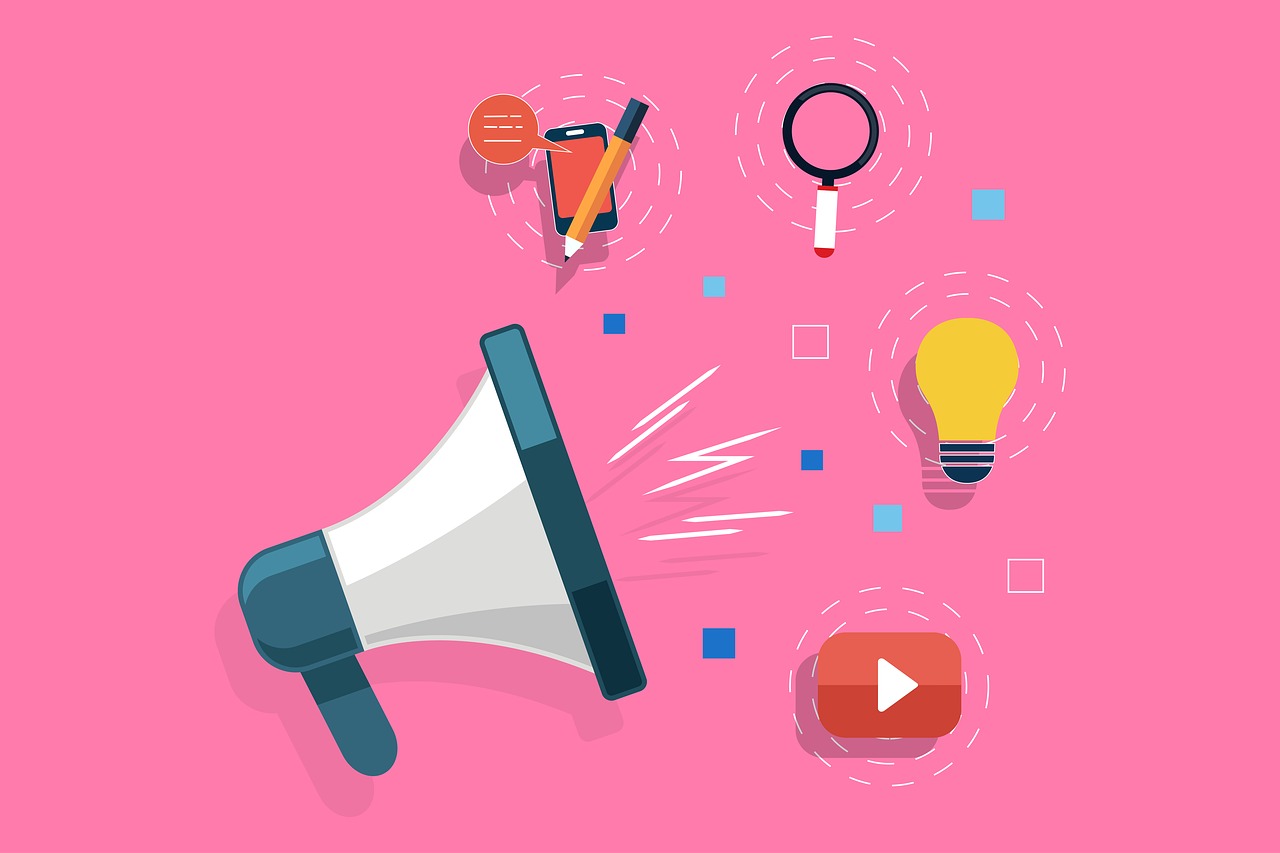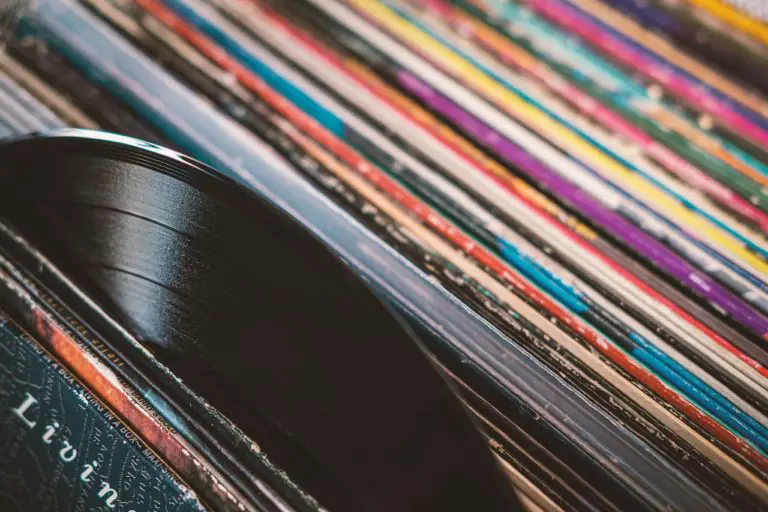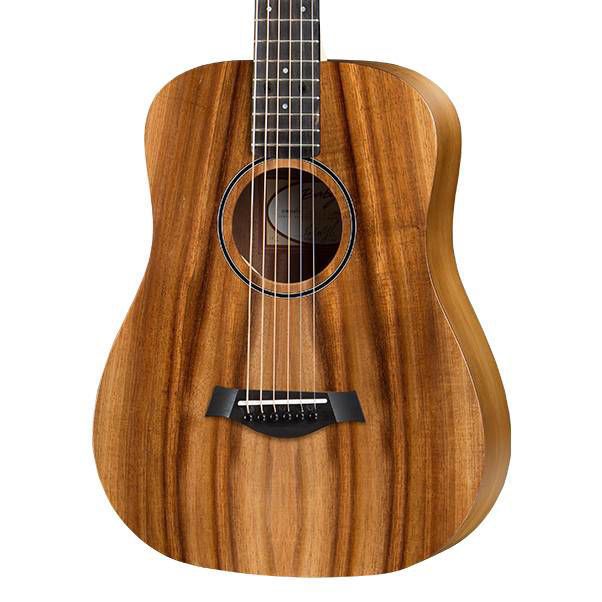The Ultimate Music PR Checklist To Boost Engagement
One of the biggest struggles of any new band or artist is having a compiled music PR checklist. If you’ve struggled with the idea of creating a public relations campaign, this checklist will cover every aspect you need to address as a band, musician, or music business professional.
Because public relations involves almost any public interaction with fans, the dynamic has changed dramatically from several years ago. As a result, it’s become more competitive and much harder to gain exposure, even with the internet being a thing.
Developing a comprehensive PR strategy can be challenging, so this PR checklist will provide you with what you need to start.
All Aspects You Need To Cover for A Comprehensive PR Strategy
- Having a list of PR templates
- Getting your social media accounts right
- Addressing livestreaming so you can earn more income
- Creating your first EPK
- Participating in your music scene and local community
- Understanding your options with advertising and exposure
- Building your street team of superfans
- Creating your first music website
- Reaching out to get media connections
- Deciding when it is time to hire a PR firm
We will detail how you can get started on each step below:
Getting your social media accounts right
The majority of people in the world use social media. Social media involves easy sharing, connection with your fans, and a quick way to make any announcements.
Knowing that social media is an integral part of PR, you need to make accounts for these three minimum areas:
- YouTube
Facebook will likely be your most often used one, as people share music and tastes all the time. Twitter is a close second, offering excellent opportunities to trend.
Both offer integrated video platforms that you will supplement with YouTube. YouTube is an excellent place to host livestreams and connect with your audience. Streaming to multiple platforms can enable you to spread where people will be most interested.
It would be best if you also considered supplementing this with additional accounts. Here are some social media options you should consider:
- Instagram – Instagram is an excellent place where you can share photos. Bands often use this resource to send updates on albums, tours, or candid shots of you hanging out.
- Reddit – Reddit offers you a long-form way of sharing your thoughts. Bands often use Reddit as a Q&A tool to connect with their audience.
- Tik Tok – Tik Tok is a (comparatively) new social media platform excellent for short-form video content. You can use it to connect with your audience, respond to questions, and have video-based Q&As.
- Pinterest – Pinterest is a place to share your tastes in music, tips, and other factors. It isn’t as suitable for making an announcement but is a reliable way to establish a personal connection.
- Snapchat – Snapchat is another less used platform compared to giants like Instagram and Tik Tok. Still, their video-based platform is suitable for similar activities to Tik Tok.
Connection to multiple platforms enables you to connect to fans at their location. So if you have to prioritize, find out where you can get the most exposure.
This is typically on Facebook, but areas like Tik Tok target different segments of your audience. If you use multiple, having social media management software is essential.
Creating your first EPK
An EPK, or Electronic Press Kit, makes it easy for press and fans to share your music on their site. The EPK is pre-approved content created to make other people’s lives easier.
It is also an excellent exposure tool that grants you intense exposure. EPKs should include the following items:
- A biography describing your band (or yourself if you are a solo musician)
- Logos and band graphics
- Links to your music (with featured tracks at the top)
- Multiple high-quality photographs meant to work across various media types (blogs, newspapers, etc.)
- Music videos
- Social links and other website links
- Information on upcoming album releases, tour dates, or other events
- Contact details
- Testimonials and positive press reviews
Using your EPK to target potential venues or booking agents, you can also insert technical requirements to do a show effectively.
The idea is to keep things short and straightforward (but comprehensive).
Once you have your EPK, you can upload it to your website, file sharing sites, and social media platforms. You can also print out a small card version of this to hand out at shows.
Participating in your music scene and local community
Participating in your local music scene (and society) is a great way to gain recognition. Typically, people won’t bother seeing you in the first place if you are not already known.
To start, go to any local shows and be active with fans. You can also connect with local bands on social media. Interacting with them online is a low-effort way to do this.
Connecting with local fans and music enables you to reach out when you want to start your own thing. You can offer your band up as an opening act for these people if you’ve got the talent (and an associated genre).
Here are some other tips you can take with you to stay engaged with the locals:
- Buy merch representing your local bands
- Go to local charity events and participate by helping people
- Host watch parties with fellow fans
- Go to networking events as a band and talk to everyone about their goals
- Contribute to the local music scene by hosting benefit concerns regarding local causes
Understanding your options with advertising and exposure
Many bands assume the best way to get exposure is through social shares and local engagement. This is true, but the power of PPC advertising (pay per click) is one way you can gain exposure to your latest music releases.
You’ve got a few options when choosing to advertise for your band. However, a paid advertisement can be tricky, so here are some quick tips you can follow:
- Advertising in magazines is mostly ineffective if you don’t already have high exposure in the industry.
- Radio ads are ineffective for the same reasons as magazines but might be solid if you announce your plans to go to a local venue.
- PPC advertising through Facebook can be incredibly effective, but you will want to ensure the target can easily listen to your music before clicking the link.
- Avoid newspapers at all costs (unless you know a high number of your target audience is reading and you are doing a local event)
Some musicians also like to pay for blog features to prominent music blogs. One will hope to gain continued exposure from the blog post, but it only lasts so long.
Typically, this will benefit the blog more once you get more prominent. So ideally, you should be reaching out to blogs willing to talk to you because you are an engaging band.
Usually, the best form of exposure is through collaborating with larger bands. So connecting with your local community will ensure that your name pops up during conversations about a significant act passing through.
Building your street team of superfans
Back in the day, a “street team” was those who ran around your local town and spread your upcoming events. These days, flyers are typically replaced by social shares, but the concept has stayed the same.
Creating superfans starts by delving into your closest friends and family. These superfans include friends, aunts, uncles, cousins, and others willing to go the extra mile for you.
You need to engage your superfans through a personal connection to encourage this. This means allowing these fans to get behind-the-scenes looks and special incentives, giving them an extra reason to come along.
Below are some different methods that you can use to encourage and develop superfans willing to spread your music:
- Offer to meet some of your closest fans with a meet & greet (coffee, dinner, etc.)
- Provide musical entertainment for their parties or private sessions for small groups
- Do contests that give your fans a contributing piece to your music
- Find fellow musicians who are young and eager to make an impact in the music industry
- Encourage hype and thank your fans for participating
Eventually, the idea is to add a large enough group of superfans to your email list. These fans follow you close enough that they are likely to buy all the merch and your releases.
Eventually, you could be selling super-ultimate deluxe editions for $10 thousand where someone buys a copy of your early poetry book. But none of this will happen if you do not nurture and thank the people who got you where you are today.
Creating your first music website
Your website is an excellent way to create announcements, draw attention to sales, and engage directly with your fans with an easy point-of-contact.
Your website can also double as an eCommerce store, hosting products directly. How you want to do it is up to you, but here are some tips for your first website:
- Try to pick some consistent design elements across the website that match your band colors for good branding
- Features your latest project and tour dates near the top of your website
- Make sure your URL is the name of your band, keeping your URL (and band name) memorable and searchable
- Provide social links along the bottom and link to your website from your social connections, enabling easy navigation
- Guide visitors to your EPK for easy access, as this is the most common way to share an Electronic Press Kit.
- Make sure you use a website builder with easy mobile integrations
- You can establish a blog where people can follow your thoughts and announcements
Wix, WordPress, and Squarespace are the best places to create your website. WordPress has the most overall support for the creation of a band website.
It’s vital to pick easy-to-read fonts and colors that are easy to look at. If your website isn’t simple, people won’t want to use it.
You’ve done goofed if your website looks like an early 2000s MySpace profile.
Reaching out to get media connections
When reaching out to your media connections, you should already have everything you need to be done. A solid EPK, biography, website, and press release will expedite the process.
The best way to start with media connections is to have most of their work done. It would be best if you had a good reason to reach out with press releases.
Through our PR templates, you’ll be able to get this started quickly, but it will be up to you to have everything else ready.
Here’s how to start your media connections checklist:
- Do some research on the local media outlet before reaching out to ensure you ask for the right person
- Try and establish a regular contact that you have a connection so you can get to them easily
- Be sure to respect their time and create a personalized email that sticks out
- Always start by referencing their name and clarifying what you are offering.
- Say thank you for your contact’s time in reading the email.
- Try sticking with morning submissions if you want the most significant potential exposure.
- Check your grammar before sending the email out.
- Do not offer a free copy of the album in exchange for a review; that is unethical and pretty sleazy.
- Modify your email to match the editorial style of the outlet you are contacting
The most important tip that I can share is not to be entitled. Bands ruin their image by being a jerk and expecting free publicity for existing in a town.
Instead, respect your gateway to exposure by thanking them for their time and making a “persuasive request,’ not a demand.
Also, don’t offer CDs; stick to digital sends. Not many people have CD players.
Deciding when it is time to hire a PR firm
We discuss this in greater detail in our guide on music publicity. But still, when is it an excellent time to consider hiring a PR firm?
Everything on this list is a good starting point. Having a website, bio, and EPK are all excellent starts. This simplifies the PR firm’s job when getting you started. The PR firm will take this and assist you with greater exposure.
Also, when gaining more exposure, you’ll want to ensure it’s associated with something worth exposure. A PR firm needs a campaign associated with an album release, concert series, or large-scale event.
If you are paying for a PR firm, you need to utilize them by giving them something to work with.
Here are some extra tips to keep in mind:
- Make sure you have a measurable goal (number of sales, increased number of followers on social media, etc.)
- You need a flexible budget (in the upward direction); it will almost always cost more than you think.
- Hiring a publicist is when you need to take things seriously, it can no longer be a hobby if you are paying other people and expecting good work.
- Getting on a record label will typically have a PR team or publicist assigned to you.
- Make sure you have a clear vision of your band before starting; PR specialists will want to know what you wish to do when announcing your band.
Wrap Up – Final Tips
There are many paths you can take to get things done regarding music PR. But your ultimate goal to start something is establishing your fan base and gaining further exposure.
This starts on the local level, establishing a base to train yourself to improve. Expanding this until you reach PR firm status will enable you to understand all goings-on with the music business.
Whether you are a solo artist or a band, these tips apply to anyone. So we hope these help you out when getting a good idea of where to start.
If you are like most starting musicians and can’t hire PR, check out Public Relations for Musicians by Bob Bradley. It provides a unique perspective from someone who has experience with hundreds of campaigns. You can get it for free on Audible with a subscription.
Here are some final tips to be sure all of your PR efforts are solid:
- Copyright your music brand to be sure nobody can steal your likeness
- Stay consistent and always be looking for opportunities to play and get exposure
- Take opportunities to expose how your band is providing a unique experience compared to others
- Try and contact a PR specialist who has experience (if possible)
- Always associate press releases with someone exciting and engaging.
Wherever you are in your band’s journey, we hope the best for you and yours. Keep it with By the Barricade for more tips on everything you (or your band) need to succeed.




![How To Get Better At Guitar [10 Tips You Can Use Today]](https://www.bythebarricade.com/wp-content/uploads/2022/02/How-To-Get-Better-At-Guitar.jpg)



